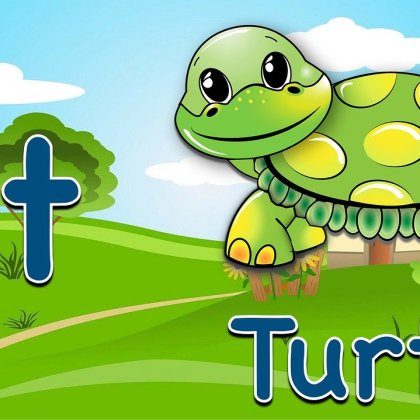Strategies to Become a Better Reader

If you love literature books, stories & novel recommendations, find us YouTube
If you love literature books, stories & novel recommendations, find us YouTube
Reading is more than a leisure activity; it is a journey of discovery, knowledge, and ongoing self-improvement. Whether you're a seasoned bookworm or want to improve your reading habits, there are various ways to become a better reader and extract more value from the written word. Let us delve into these tactics and go on a literary excursion.
Here are 12 strategies to help you become a better reader.
1. Diversify your reading list.
Diversifying your reading list allows you to broaden your literary horizons. Investigate genres, writers, and civilizations outside of your regular comfort zone. Accept a mix of fiction and nonfiction, classic and contemporary books. Diversifying your reading experiences broadens your viewpoint and improves your grasp of various issues and genres.
2. Make reasonable reading goals.
Setting attainable reading objectives promotes consistency and inspires you to stay on track. Setting realistic goals, whether they be to read a certain number of books per month or to explore specific genres, provides a consistent and enjoyable reading pace.
3. Practice active reading.
Instead of passively absorbing words, engage with the text actively. Ask questions, make predictions, and relate the information to your own experiences. Active reading improves comprehension and critical thinking, making the reading experience more engaging and rewarding.
4. Take notes and annotations.
Keep a notebook or make notes in the margins as you read. Taking notes on crucial topics, questions, or noteworthy phrases might help you better absorb the subject. It also allows for easier memory and reflection on the topic later.
5. Join a book club or reading group.
Discussing books with others adds a social and collaborative dimension to your reading experience. Joining a book club or reading group exposes you to diverse interpretations and insights, fostering a deeper appreciation for the material.
6. Read aloud.
Reading aloud stimulates several senses and strengthens cognition. It allows you to enjoy the rhythm and flow of the language, making the overall experience more immersive. This approach is especially useful for capturing the intricacies of poetry and dialogue.
7. Experiment with Different Formats
Experiment with several reading forms, including audiobooks, e-books, and physical books. Each format provides a unique experience, and rotating between them can help keep your reading routine interesting and active.
8. Create a comfy reading area.
Set up a comfortable and distraction-free area for reading. A pleasant reading area with adequate illumination and minimal distractions improves concentration and enjoyment. Create a space in which you may completely immerse yourself in the world of your present reading.
9. Practice mindful reading.
Approach reading with awareness, staying present in the moment. Reduce distractions, put aside your electronic devices, and enjoy the act of reading. Mindful reading promotes a deeper connection with the subject while also instilling a sense of calm.
10. Reflect and review.
After you've finished a book, spend some time to ponder the plot, characters, and overall themes. Write a brief review or discuss your opinions with others. Reflection strengthens your comprehension and leads to a more nuanced appreciation for the work.
11. Revisit favorites.
Return to your favorite novels from time to time. Re-reading not only brings comfort, but it also allows you to find new layers of meaning or insights that you may have overlooked during the first read.
12. Embrace challenges
Read more sophisticated or difficult books to stretch your mind. Tackling challenging subjects broadens your intellectual capacities and gives you a sense of success. Don't avoid works that may push your literary boundaries.
Learning to read better is an ongoing process of discovery and improvement. By embracing diversity in your reading, setting attainable goals, and actively engaging with the subject, you can realize the full potential of the written word. Create a reading regimen that is both fun and intellectually interesting, and you'll embark on a lifelong journey of inquiry and enrichment via literature.
 English
English French
French German
German Russian
Russian 中文
中文






